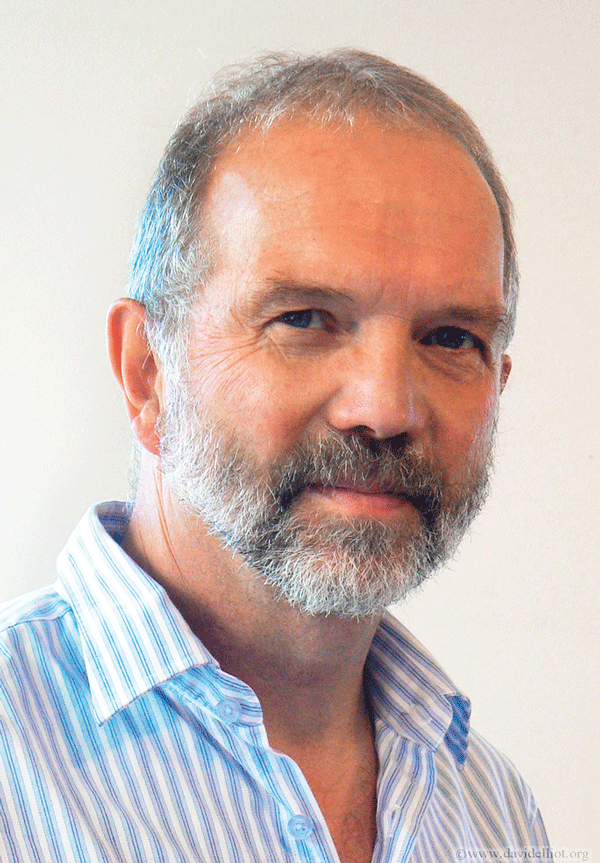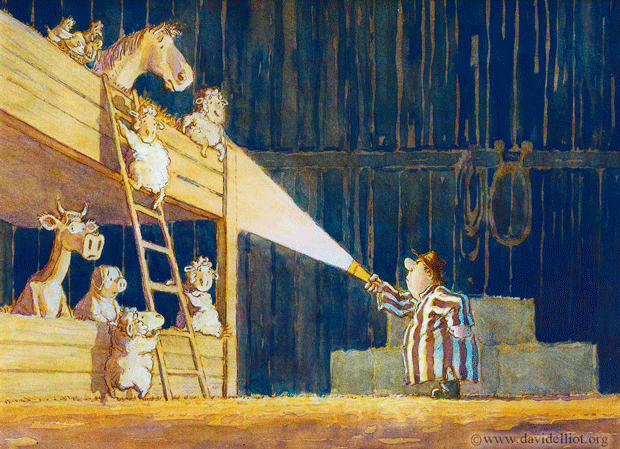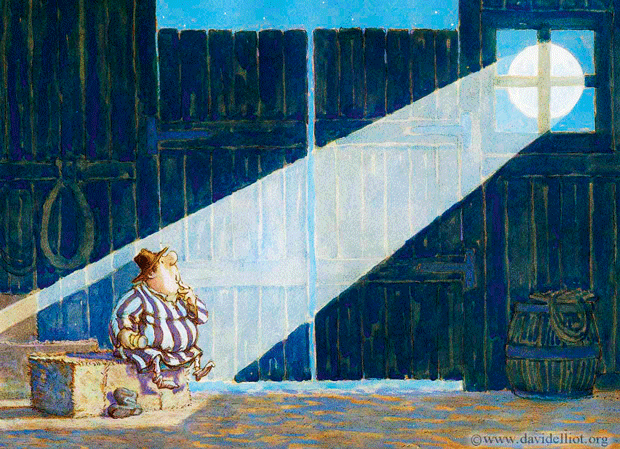From Antarctica to Port Chalmers: David Elliot’s well-drawn career

David Elliot loves nothing more than a good story. As luck (and hard work) would have it, his country-spanning, award-winning, character-rich career has bestowed him with plenty of content.
Words: Cheree Morrison
This article was first published in the November/December 2016 issue of NZ Life & Leisure.
1971–1976: Learning the arts
Always had a passion for drawing while growing up in Ashburton. Maths and science were the focus at Ashburton College and there was no art teacher to inspire a budding artist but David still dreamt of attending art school. He scraped into Wellington Design School where he learnt the foundations, then moved to Canterbury School of Fine Arts. Failed one year but graduated in 1976.
1977: Designer for Hampton’s Studios
“Hampton’s Studios was a factory that specialized in interiors for bars and clubs with carvers, sign writers, painters, designers and more. I started as a painter before being promoted to designer but the following year I went through a break-up and took off to the Weka Pass for six months. I lived in a little cottage, shot rabbits, wandered the hills and occasionally drew.”
1979–1980: Antarctica bound
Traveled with a catering company to Antarctica for a five-month stint on the ice. Was guardian of a traveling gnome who needed to make it to the coldest place on earth – the Russian base Vostok Station. On delivery of gnome, was gifted a cucumber grown from Siberian soil – a story to bring a smile when things became heavy since he was also there at the time of the Erebus Disaster. “I stood on the dock waiting for the sound of the plane – it was a total white-out. I woke up to find the base preparing for bodies to arrive.”
1980: Explored the world

As Antarctica is a great way to save money, David was able to start his world travels with a “mad Swiss friend”. But he trapped his toe under a boat in Borneo so traveled to Manila to fix toe then ended up on a plane filled with nuns heading to Italy. After Italian doctors repaired his toe, he ventured to Britain with an empty wallet. Worked as a wine waiter in Torquay, England (eating and drinking the best food and wine in England after shifts) then moved to Edinburgh. Started job as zoo gatekeeper thanks to promising an All Blacks jersey to manager. Sold tickets by day and explored the zoo at night after gates locked. Colourful colleagues ignited his love of storytelling and he began writing and illustrating.
1986: Returned to New Zealand
Upon landing, promptly wondered what he’d done. Working back with Hampton’s Studios, he struggled with finding time to draw and so studied teacher training at the Christchurch College of Education, naively thinking teachers had decent holidays, hence time for illustrating. Published first book Arthur’s Star with Pacific Press just as Whitcoulls went into receivership. Married wife Gillian, a librarian, whom he had met at the Edinburgh Zoo.
1987–1998: High-school art teacher and part-time illustrator
Taught in Wellington, then moved to Port Chalmers in Dunedin to teach at Queen’s High. Had two daughters – Mhairi and Jess. On the side was illustrating for small projects. “I was drawing in my notebook during a staff meeting when I realized everyone was dead silent and looking at me. As head of the art department, I probably should have been listening so I knew it was time to make a decision.” Gillian said to give it a punt, so he became a full-time illustrator.
1998–2016: Full-time illustrator

Was picked up by Penguin in New York and has since released a number of books, including NZ Post Book of the Year The Moon and Farmer McPhee with Margaret Mahy. Illustrated a series by international author Brian Jacques and in 2014 won the Storylines Margaret Mahy Award, a lifetime achievement award. In 2016 completed a passion project, an illustrated edition of Lewis Carroll’s The Hunting of the Snark, titled Snark, Being a True History of the Expedition that Discovered the Snark and the Jabberwock … and its Tragic Aftermath.

LIFE LESSONS
Create. “Ideas are like butterflies – unless you catch them they disappear. Try to catch them all, who knows what they will become? Perhaps only one in one hundred will become something but at least you’ve tried. Write these ideas down – turn them into substance.”
Explore. “Do as many things as possible. Those who stay in their backyard risk losing perspective; go see how the world works and bring that back into your work. Talk to people, meet characters and listen to their voices and stories.”
Ask. “Follow your dreams, but be realistic. Make sure you have something worth publishing. Ask for professional advice and independent criticism. Look into costs, distribution and realize it won’t happen overnight. But have faith.”
Love this story? Subscribe now!
 This article first appeared in NZ Life & Leisure Magazine.
This article first appeared in NZ Life & Leisure Magazine.
